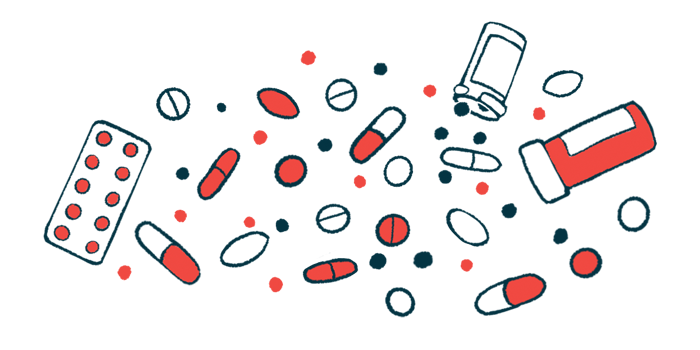Phase 3 Trial of FNP122, Oral Form of Edaravone, Starts Enrolling in Europe
Written by |

A first patient has been enrolled in a Phase 3 clinical trial investigating FNP122, an oral formulation of edaravone being developed by Ferrer to treat amyotrophic lateral sclerosis (ALS).
The ADORE trial aims to enroll 300 patients across Europe to assess the safety and efficacy of FNP122, as well as its effects on survival. It is being conducted in collaboration with the Treatment Research Initiative to Cure ALS (TRICALS), the largest European research initiative working toward better treatments and a potential cure for ALS.
The trial follows a recent license agreement that made Ferrer responsible for the development and commercialization of FNP122 in Europe and certain Asian countries. The agreement was signed with Treeway, a Dutch biotechnology company that led FNP122 through its initial stages of clinical development.
“ALS has a profound impact on the lives of people diagnosed with the disease, as well as their loved ones. We feel a great sense of purpose and responsibility to develop this potential therapy with the aim of improving the current standard of care,” Rodrigo Palma dos Reis, MD, chief medical officer at Ferrer, said in a press release.
“The TRICALS consortium is proud to collaborate with Ferrer … and we look forward to offering further support throughout the course of the trial. We hope oral edaravone will yield a positive outcome and be beneficial for people diagnosed with ALS, as more effective treatment is available,” said Leonard H. van den Berg, PhD, chair of TRICALS, and the study’s principal investigator.
Edaravone is a free-radical scavenger that helps eliminate potentially harmful oxidant molecules that can cause oxidative stress — cellular damage resulting from the excessive accumulation of free radicals.
By removing free radicals and lowering oxidative stress, which also is thought to contribute to nerve cell death in ALS, edaravone is expected to slow ALS progression and reduce disability.
Radicava, an approved formulation of edaravone that is infused directly into the bloodstream, was shown to safely and effectively slow functional decline in ALS patients.
However, its dosing regimen requires long infusion periods (about one hour) and frequent clinic visits. An oral formulation could be more convenient for patients.
The ongoing Phase 3 trial builds on previous data from a Phase 1 clinical trial that compared FNP122 to Radicava in 18 healthy volunteers. Results showed that the oral compound was well-tolerated and had a higher bioavailability than Radicava — meaning that more edaravone reached circulation after administration.
The investigational therapy was also stable in circulation, suggesting that FNP122 has the potential to better treat ALS.
“Ferrer cares deeply about patients affected by ALS and meeting their needs is the major driving force behind this study. FNP122 is aimed at transforming the lives of patients who suffer from ALS and we have made a strong commitment to deliver therapeutic solutions to patients and their families,” said Tatjana Naranda, Ferrer’s chief R&D officer.






